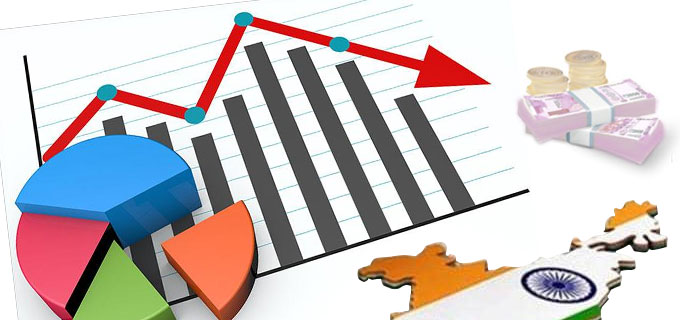
Indian Economy: Russia-Ukraine crisis will not have any direct impact on India in terms of bilateral trade, but rising oil prices may pose a risk to the economy. This apprehension was expressed in the Bank of Baroda (BOB) economic research report released on Friday. It said, “International crude oil prices have reached above $100 per barrel. This poses a risk to the stability and movement of the rupee externally.
Problems with Russia’s invasion of Ukraine
Russia has launched a military attack on Ukraine. With this affecting the life of the people, various problems will increase in the area. Western countries are imposing financial sanctions on Russia in protest against the move. Economic effects in other parts of the world can be seen in the form of high commodity prices, accelerating inflation and negative effects on growth ie stagflation.
If there is an interruption in the energy supply, there will be a problem
Invesco said in a report, “If this crisis escalates and Russia, like Iran, is ousted from the Western Payment and Instant Messaging System (Swift), the disruption of energy supply could lead to severe stagnant inflation.” Russia supplies 40 percent of Europe’s gas, while it accounts for half of the supply of solid fuels, including coal. Also supplies one-third of the oil.
no direct impact on india
So far, the US has not banned Russia from using the global payment system. According to the BOB economic research report, “The Russia-Ukraine crisis will not have any direct impact on India in terms of bilateral trade, but the rise in oil prices poses a big risk to the economy.”
Crude oil price target was kept at $ 75 per barrel in the budget
Both the Union Budget for the financial year 2022-23 and the RBI’s bi-monthly monetary policy were presented before this crisis and did not take into account the impact of higher crude oil prices. According to the report, “The price of crude oil has been estimated at $ 75 per barrel in the budget and monetary policy of RBI. However, this price level may become challenging in the times to come.
India’s imports
India imports 80 per cent of its oil requirements. In the financial year 2020-21, India imported oil worth $ 82.7 billion. Whereas during April-January in the current financial year, oil worth $ 125.5 billion has been imported. Although the price of oil is now at an 8-year high, the oil import bill may remain high.
Current account deficit is projected to widen
According to the report, “Oil imports can be $ 155.5 billion in the financial year 2021-22. With the improvement in economic activities, oil imports are expected to improve in the next financial year as well. Oil demand is expected to increase by 5 percent. Is. This will increase the current account deficit.
Trade deficit may also increase
The rise in oil prices has also affected the rupee. This will widen the trade deficit and ultimately affect stability on the international trade front. The report also said that a 10 per cent rise in crude oil prices will have a direct and indirect impact of 0.15 per cent in consumer price index-based inflation. While the weight of wholesale inflation in crude oil related products is 7.3 per cent. In such a situation, an increase of 10 percent can directly and indirectly increase the wholesale inflation rate by about one percent.
